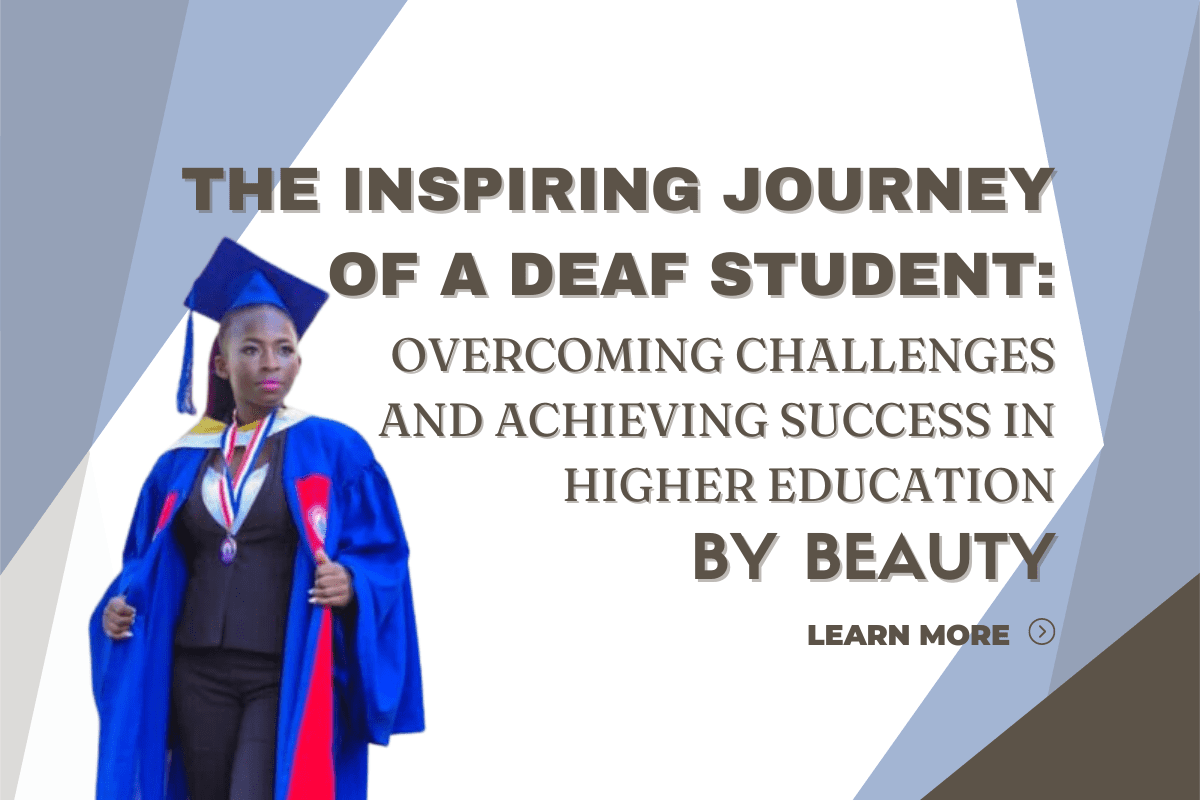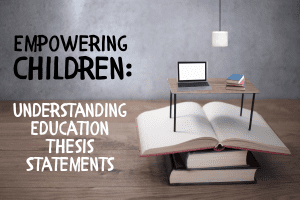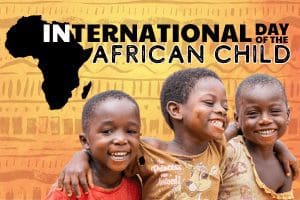The Inspiring Journey of a Deaf Student: Overcoming Challenges and Achieving Success in Higher Education
My name is Beauty. I was born deaf and mute, from Accra, Ghana. I would love to share my experience with you. I am writing about my journey in university.


First Semester at University – Integration and Challenges
In the academic year 2019/2020, I embarked on my university journey as a level 100 student in Early Childhood Education. September 20th, 2019 marked my first day on campus—a day filled with both excitement and apprehension. For the first time, I walked alongside both deaf and hearing peers. Unlike my previous educational experiences from elementary to high school, this integration was new and slightly intimidating. The prospect of challenging exams and potential difficulties weighed on my mind.
Despite these concerns, I resolved to face any obstacles with confidence and determination. My sponsor, Aunty Irene provided unwavering encouragement. Her words echoed in my mind: “Pursue your dreams and never give up.” I quickly joined a WhatsApp group, so I could be informed on university matters.
A few weeks into the semester, I attended a Department of Early Childhood Education meeting. Communication difficulties arose when the executives of the Early Childhood Association spoke to me. Their surprise upon learning of my deafness led to a misunderstanding, they assumed I had joined the wrong meeting. Insisting in writing that I was indeed in the right place, I clarified my enrolment in the Early Childhood Education Program. They directed me to the resource centre to request an interpreter, telling me that the meeting was intended for Early Childhood Education students, not Special Education.
I went to the resource centre to find an interpreter, and, accompanied by the interpreter, returned to meet with the executives once more. They spoke to each other, and the interpreter asked me if I was studying Early Childhood Education, to which I replied yes. The interpreter was also confused and couldn’t believe it. The interpreter said that I might have joined the wrong department and should be studying a Special Education Course. Frustrated, I sighed and replied that I had brought my admission letter with me, and they could read and verify my course. After reading it, they finally allowed me to continue participating in the program. My written response left them bewildered, they couldn’t believe that I belonged to their program. In that moment, I realized that my presence shattered assumptions and I became hopeful that it will open doors for greater understanding.


Communication Difficulties
In the following weeks, my classes started. It was difficult for me to communicate with my course mates, so I always expressed myself by writing on a paper. I had received a timetable for my lectures, which I forwarded to the resources centre in order for an interpreter to attend lectures with me in class, but unfortunately that was not the case. My primary difficulty was finding a reliable interpreter, and even though the resource centre knew my timetable, the interpreters were unaware of my exact class schedules, making coordination tricky and I had to attend some classes without an interpreter. For those lectures, which were many, some of the lecturers didn’t seem to care about my situation, while others check that I was following and able to participate. At times, I resorted to expressing my frustrations through body language during lectures. In the classroom, lecturers spoke rapidly, making it hard to read their lips and fully grasp their words, with the frequent shifts in subject topics adding another layer of complexity for interpreters trying to convey the right sign language.
Moving forward, as the examination day approached, I didn’t have anyone to study with. I studied alone and worked hard, often staying up late into the night. During the mid-term and final exams, I sacrificed sleep to study continuously. Many of my peers questioned my ability to take the exams and asked how I managed to study. I took the time to explain to them that it was not easy, but with God – my steadfast faith, all things are possible.
In the next semester, school resumed, and to my delight, I discovered that my results, which were posted on the board, showed that I had passed all my courses, with no failures. I was overjoyed. Unfortunately, my education was disrupted by the COVID-19 pandemic, which forced us to return home once again.


Navigating University with Impaired Hearing: My Challenges and Triumphs During the Pandemic
As a first-year student studying Early Childhood Education, I faced unique obstacles and encountered several challenges related to my impaired hearing. The demands of the last academic year often left me with little time for essential tasks.
In February 2020, I received a laptop from Aunty Irene while she was in Ghana. This laptop helped me in my education during this challenging times, even though I had never used one before. Aunty Irene spent sometime teaching me the basis of using the laptop, to help me use this smart device. Little did I know that this laptop would become my lifeline during the chaotic times that followed.
As March 2020 arrived, uncertainty loomed over the University (UEW). The coronavirus had taken hold, and everything was in disarray. Lectures became unpredictable, and we students were left wondering what the future held. Then came the national lockdown. Within a week, Ghana transformed markets, restaurants, and schools shuttered their doors. Staying home became the new reality – a reality shared by millions worldwide.
Shortly after the lockdown, UEW made a crucial announcement: online learning was the way forward. However, this transition was far from simple. The internet, while essential, posed challenges. Poor connectivity made accessing online resources nearly impossible, coupled with the cost of buying data to enable me connect.
Our university’s online learning primarily took place through WhatsApp chat. When class time arrived, lecturers would log on, sharing notes in document or PDF format. We students asked questions, discussed concepts, and navigated this new educational landscape. In those uncertain days, internet connectivity became my bridge to knowledge—a lifeline connecting me to my studies and fellow learners.
After one or two months, the school created a WhatsApp group for class and an online class app. I visited the online classes, but it was frustrating because they posted videos without any interpreting. I made an effort to understand the materials by reading the slides they sent, but it was difficult. Despite the challenges, I completed and submitted my assignments through via email and WhatsApp. At the end of the exams, they posted additional take-home assignments. Some questions were tough, and I struggled to answer them, often seeking explanations from my classmates before attempting to answer. I persevered despite facing difficulties with data bundle limitations.


Language Barrier and Department Transfer
In the 2020/2021 academic year, I entered my second year of study at Level 200. I was informed that the results were out, so I went to check my results on the notice board. Unfortunately, my results were not as good as they were in the first semester. There were nine courses listed. I sent my timetable to the resource centre for the interpreter to arrange my classes. They assigned us to group classes, but I found it difficult to communicate with my classmates and did not often join the group sessions, due to lack of an interpreter.
We also had a WhatsApp group where we would discuss our assignment before submitting our work to the lecturer. After submitting our work, we would present our discussed ideas in front of the class. I didn’t often frequently participate in these presentation. When I registered for my courses, I noticed that Ghanaian language was a requirement. Since I was not able to write Ghanaian languages such as Twi, Ga, or Fante etc, I spoke to the interpreter about my concerns.
When we approached the Head of Department (HOD) about this issue, he initially refused to accommodate my request. However, the interpreter explained the challenges I face as a deaf student, since elementary school, I had never learned any Ghanaian languages, except Ghana Sign Language. Eventually, the Head of Department (HOD) agreed to allow me to join a different department that offered sign language as part of its special education program.


Observing Teaching Practices: A Journey in Supported Teaching
As part of the Supported Teaching in Schools (STS) program, we dedicated our off days to visiting schools. Our mission: to observe and meticulously document various aspects of the classroom environment. From teacher-student interactions to student behaviour, we left no stone unturned. STS provided us with invaluable practical experience. One day each week, we stepped into the classroom, ready to assist students. Our duty extended beyond mere observation—we were there to make a difference.
Shortly after, I received exciting news: I had been selected for a special school in Accra—one that catered to deaf students. The prospect of helping these students filled me with enthusiasm. However, reality soon set in. Despite my best efforts, I struggled to understand the regular teachers and students. Their spoken words eluded me.
Yet, I adapted. I focused on their body language, their movements, and their activities. These subtle cues provided clues that enabled me to write my reports. And when all else failed, one of my classmates—who knew sign language—stepped in as an interpreter. In this unique educational journey, I discovered that communication transcends words. Sometimes, it’s the unspoken gestures that matter most.


Navigating the Completion of My Teaching Portfolio
Following the conclusion of exams, I dedicated a full 16 weeks to writing and finalizing my teaching portfolio. This comprehensive task included not only documenting my teaching philosophy but also assembling a detailed portfolio. The journey was far from easy. There were moments of exhaustion and a strong desire to give up. However, I persisted. I made a personal commitment to study even harder, aiming for excellent grades and overall excellence.
Despite the challenges, I pushed through, determined to see it through until the semester’s end. I was grateful for the encouraging words, and support I continuously receive from Aunty Irene, helping to spur me on.


My Culinary Adventure: A Cooking Competition Experience
During the 2021/2022 academic year, as a third-year student, I eagerly participated in a cooking competition alongside my friends. We registered online and promptly joined the WhatsApp group dedicated to the competition. Our assignment was to represent two different halls: Simpa Halls and University Hall. Attending the meeting for the competition, we faced an unexpected hurdle—the absence of an available interpreter. Thankfully, one of the girls graciously wrote down what was discussed, ensuring we were informed.
Our assigned dish was fufu and chicken light soup. Armed with the necessary ingredients; which were generously covered, we shopped at the market the following day. We borrowed equipment from home economics students and meticulously set up our cooking station. Throughout the process, I stayed in touch with an interpreter (provided or through friends who knew sign language) to bridge any communication gaps.
On Thursday, September 15, 2022, the culinary battle began. From noon until evening, we cooked, stirred, and plated our creation. At 6 pm, the announcement came—the winner was revealed: Surprisingly, our team emerged victorious! As early childhood education students competing against home economics experts, our win was both unexpected and exhilarating. Our reward? A grand citation board presented during a special ceremony on Saturday.
In that bustling kitchen, we discovered that passion, teamwork, and determination can turn any challenge into a victory.


Teaching Internship at Tetteh Ocloo State School: A Rewarding Experience
During the 2022/2023 academic year, as a fourth-year student (level 400), I embarked on an internship journey at Tetteh Ocloo State School for the Deaf in Accra. Here’s a glimpse into my experience: I spent six months at the school, immersing myself in the teaching environment. My primary responsibilities included teaching OWOP (Our World Our People) and numeracy to KG2 students. Before each teaching session, I meticulously crafted lesson plans. These plans underwent scrutiny by my mentor, who provided valuable feedback and guidance. On a designated day, my mentor observed my teaching skills in action; a nerve-wracking yet rewarding experience.
Despite the challenges, I found immense joy in teaching. My love for the students fuelled my enthusiasm, and their progress became my motivation. In March, my supervisor came to observe my teaching skills and abilities. With the unwavering support of my teacher and mentor, I executed high-quality activities. At the end of the activities, my supervisor was extremely pleased with my teaching and told me that I had gotten a high grade, which made me very happy.


Recognition for Hard Work and Dedication
After the extended internship, we returned to school in June for two semesters. Determined to make the most of this academic phase, I embarked on several significant projects: I meticulously planned internship seminars, and put together a portfolio. I set up a WhatsApp group to facilitate communication and updates related to the project work and the list of subjects for the seminars.
These endeavours required substantial financial investment. Despite the cost, I remained resolute in my pursuit of excellence. Writing the project work proved challenging, and I received no external assistance. To overcome this, I delved into old project works at the library.
My project centred on “using pre-reading activities to enhance the reading skills of Kindergarten 2 pupils at Tetteh Ocloo State School for the Deaf in Accra.” This is to help them to over their poor reading skills. Each chapter posed difficulties, but my supervisor’s support kept me on track. I often find myself behind schedule, and despite the setbacks, he encourage me to take my time. This resulted in a meticulously completed project, which I duplicated three times for submission. On my graduation day, my hard work and dedication were acknowledged and praised.


This journey taught me that persistence pays off, and dedication leads to success. For a more in-depth exploration of her journey, more information can be found on her page or her video. Thank you.




